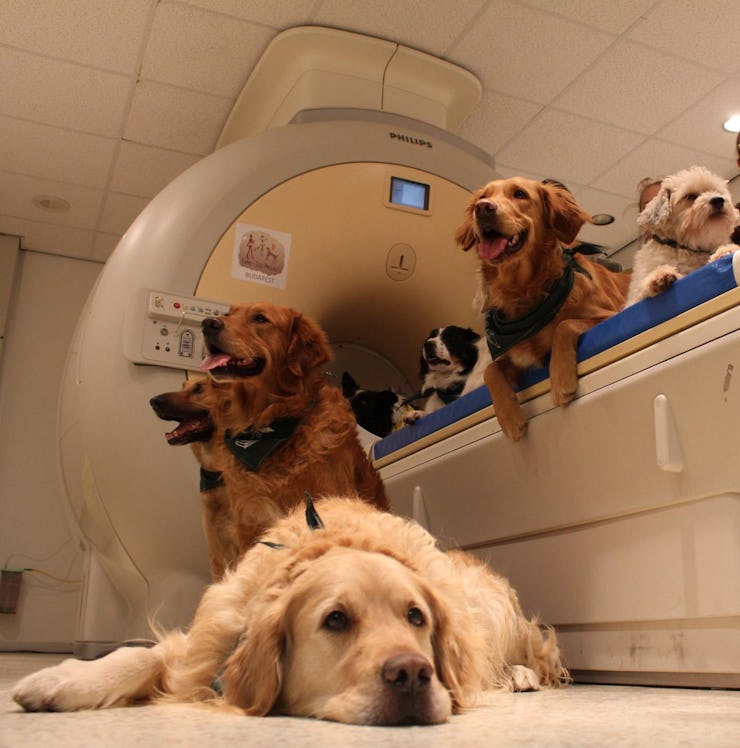Facial recognition: What animals really think about your face
In this episode, we discuss why facial recognition is important to both social and solitary species across the animal kingdom.

If selfie-sticks, Instagram, and filter-apps have taught us anything, it’s that human beings are exceptionally into faces. From the moment we’re born, our brains are hardwired to respond to them.
Beyond humans, facial preference is actually an ancient mechanism important to all kinds of species, both social and solitary. However, not all species respond to faces in the same way. Recent evidence explains why loner tortoises are still attracted to faces, yet dogs' brains react the same to a face as they do to the back of someone's head.
As the latest research on facial recognition turns scientific belief on its head, learning how we all really see each other may be the key to understanding our relationships — human or otherwise.
In this episode of The Abstract, we discuss why facial recognition is important to both social and solitary species across the animal kingdom.
In our first story researchers find that unlike humans, dogs don’t have brain regions that respond specifically to faces. The discovery may actually prove your pet loves you no matter what you look like.
Our second story looks at how tortoises, well-established as anti-social, are naturally attracted to faces. Finding that animals' preferences for faces evolved earlier than expected, the research suggests facial recognition is important to a variety of the planet’s species.
Read the original Inverse stories:
- Dogs surprisingly don't care about 1 part of the body as much as we thought
- A unique trait shared by tortoises and humans changes a scientific belief
Where to find us:
- Subscribe to The Abstract wherever you listen to podcasts: iTunes | Spotify | TuneIn | RadioPublic | Stitcher
- Follow Nina Pullano on Twitter
- Follow Sarah Wells on Twitter
- Follow Inverse on Twitter
- We're hosted and produced by Tanya Bustos
—
Right now, facts and science matter more than ever. That's part of the reason for The Abstract, this all-new podcast from the Inverse staff that focuses exclusively on science and innovation. Three new episodes are released a week, and each covers one theme via two related stories. Each features audio of original Inverse reporting, where the facts and context take center stage. It's hosted by the Tanya Bustos of WSJ Podcasts. Because we're Inverse, it's all true but slightly off-kilter. It's made for people who want to know the whole story. —Nick Lucchesi, executive editor, Inverse
This article was originally published on